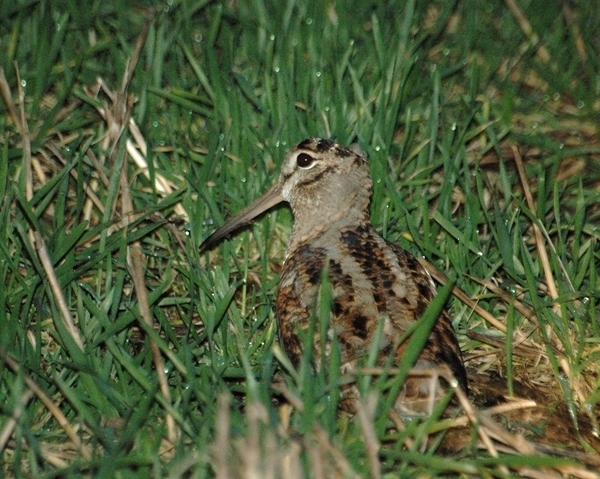
GWCT is among many organisations highlighting the need for the conservation of migratory birds and their habitats through World Migratory Bird Day tomorrow (May 12th).
The occasion is being celebrated with more than 300 events across 60 countries, including bird festivals, education programmes, media events, bird watching trips, presentations, film screenings and a benefit concert to raise funds for international nature conservation.
Of the 11,000-bird species which exist on the planet, one in five is considered to be migratory. Forty per cent of these are in decline, with one in eight being threatened with global extinction.
Major threats to migratory birds include habitat loss and degradation, caused by agricultural and coastal development, collision with badly placed wind turbines and powerlines, unsustainable harvesting and the illegal killing and taking of birds.
Migratory birds are also heavily affected by poisoning through ingested toxic lead released into the environment as ammunition or fishing weights as well as by climate change.
Efforts to conserve migratory birds both globally and regionally are internationally coordinated by the Convention on the Conservation of Migratory Species of Wild Animals (CMS, also known as the Bonn Convention) and the Agreement on the Conservation of African-Eurasian Migratory Waterbirds (AEWA).
The two UN Environment-administered treaties have been spearheading World Migratory Bird Day since 2006.
Starting in 2018, World Migratory Bird Day will be annually observed on the second Saturdays of both May and October, making it possible to organize events in countries around the world at peak times of bird migration.
The theme for this year’s World Migratory Bird Day is Unifying Our Voices for Bird Conservation.
Please support our vital woodcock research